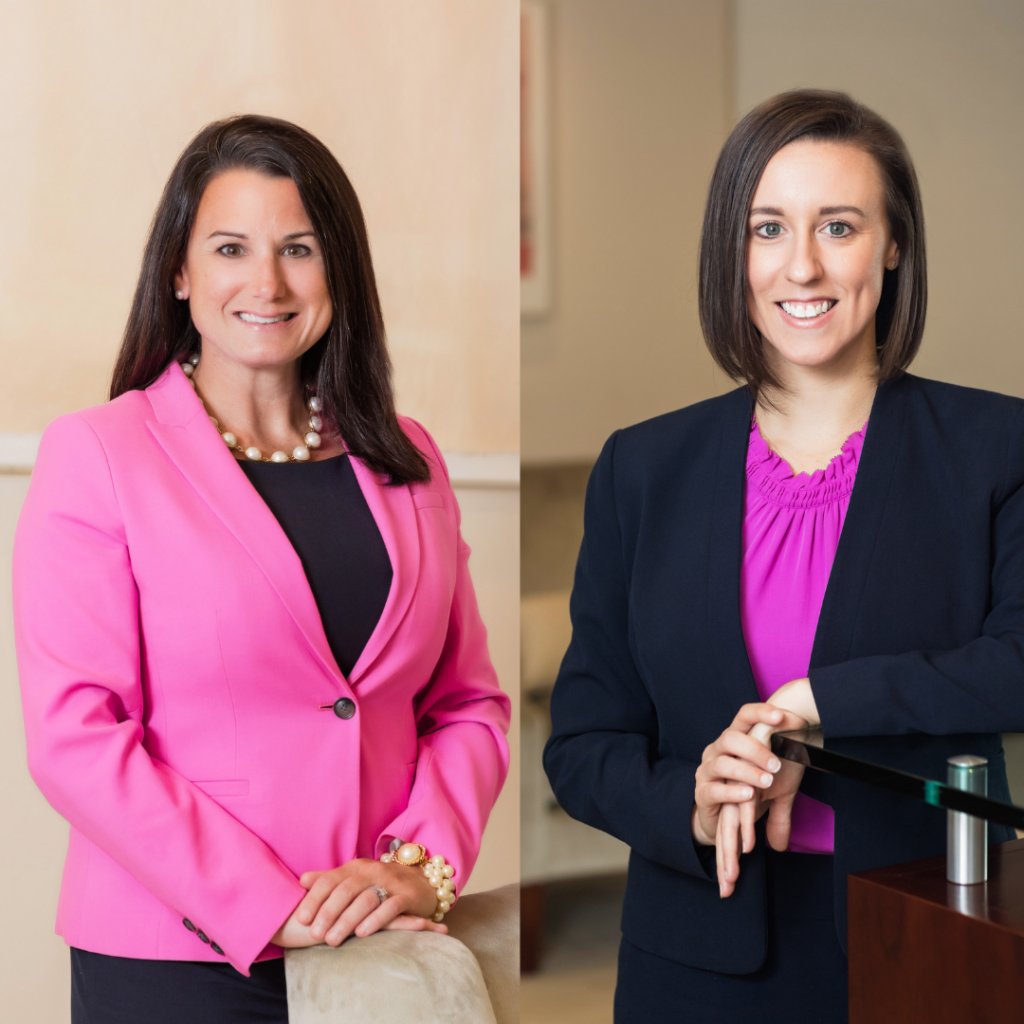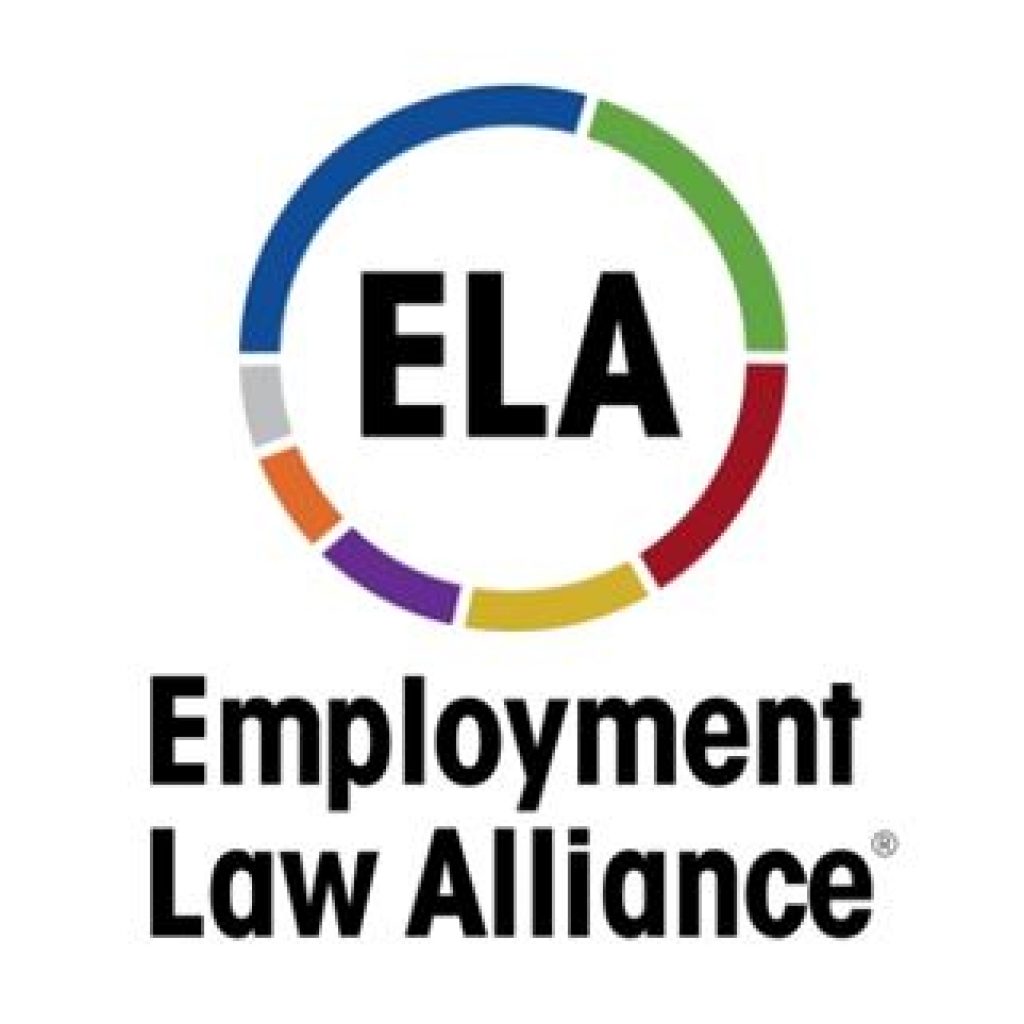NLRB Issues Additional COVID-19 Advice Memos
As we detailed last month, the National Labor Relations Board’s (NLRB) Division of Advice (DOA), an arm of the General Counsel’s (GC) Office, has been busy releasing to the public Advice Memoranda addressing complex or novel legal issues that have arisen during COVID-19 pandemic. Advice Memoranda contain the recommendations of the OGC to the Board on specific issues, and offer some guidance to employers, both unionized and non-union.
Hornell Gardens – The National Labor Relations Act protects employees’ ability to engage in concerted action for their mutual benefit or protection. The GC found that a charging party letter expressing a refusal to wear shared gowns with other nurses did not constitute protected concerted activity because, even though she discussed the issue with another employee, there was no evidence that the purpose of the letter was to initiate or induce group action in the interest of employees. Rather, the GC concluded that this was an individual gripe. Moreover, the GC found that another charging party was not engaged in protected concerted activity when they refused to work a scheduled shift, because her discussions with employees about the risks of COVID-19 were not meant to prepare for or induce group action. Additionally, a passing reference to a union during an employee meeting, and later to the employer, played “no apparent role” in the employee’s discharge. Accordingly, both employees’ allegations that they were discharged unlawfully were dismissed. Finally, the NLRB dismissed an allegation that the employer unlawfully threatened employees by stating in a news article that it would report the nurses who refused to work to the state licensing board, and those nurses would be unable to receive unemployment. The GC determined that the comments could not be construed as a threat to blackball the employees by preventing future employment; rather, the state’s licensing board maintained factors it would analyze to determine whether job abandonment warranted license revocation.
Marek Bros. Drywall Co. – The GC addressed whether the company discriminatorily laid off an employee in retaliation for comments at a group safety meeting. The GC first concluded that the employee was engaged in protected concerted activity when he raised concerns about the lack of available facilities to wash or sanitize their hands as a safety precaution in the COVID-19 pandemic. The issue affected multiple employees and the employee expressed concern for all employees on the jobsite. The GC found, however, that the company did not have animus towards the employee’s protected concerted activity, and ordered the charge dismissed.
Memphis Ready Mix – Soon after the COVID-19 pandemic began, the union requested that the company bargain over union proposals for paid sick leave and hazard pay. The company declined to bargain, and the union filed a charge. The GC determined that the company did not have an obligation to bargain during the term of the parties’ CBA (i.e., midterm bargaining) because the CBA included provisions addressing leave and wages. In addition, even if the CBA had not addressed these terms and condition of employment, the CBA included a “zipper clause” stating that the parties waived the right to demand midterm bargaining over matters not otherwise covered by the CBA. Accordingly, the GC dismissed the union’s charge alleging an unlawful refusal to bargain.
Crowne Plaza O’Hare – Here, the GC dismissed a charge alleging that the company failed to provide requested information related to the hotel’s decision to close after the onset of the COVID-19 pandemic. The GC reasoned that the union failed to demonstrate the relevance of certain information requested and, regarding requested financial information, the employer was not obligated to produce the information where it had not made an “inability-to-pay” argument for closing the hotel.
The memos further evidence that the current GC will provide flexibility to companies dealing with this unprecedented pandemic. We will keep you updated regarding additional Advice Memos addressing issues arising out of the COVID-19 pandemic.







